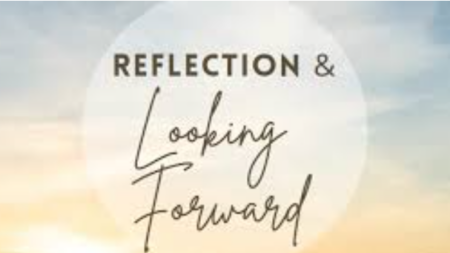Mindfulness Center Administrator Harriet Whiting Harriet Whiting, who has been the administrator for the Mindfulness Center since 2018. Harriet has been the engine that has kept the Center running for…
A Mindfulness Course Can Improve Professional Quality of Life among Emergency Medical Service Providers Emergency medical service (EMS) providers are regularly exposed to intense stimuli in their work that can…
In-Person Daylong Retreat for Current and Past Mindfulness Center Course Participants To Be Held March 1 All current and past participants in any course held through the UVA Mindfulness Center…
Mindfulness-Based Stress Reduction for the Treatment of Palpitations Benign palpitations are a common symptom which, while not associated with a serious cardiac condition, can be highly disturbing and may lead…
In-Person Daylong Retreat for Current and Past Mindfulness Center Course Participants To Be Held March 1 All current and past participants in any course held through the UVA Mindfulness Center…
A Mindfulness Course Decreases Burnout and Improves Well-Being among Healthcare Providers Healthcare providers are under increasing stress and work-related burnout has become common. Mindfulness-based interventions have a potential role in…






